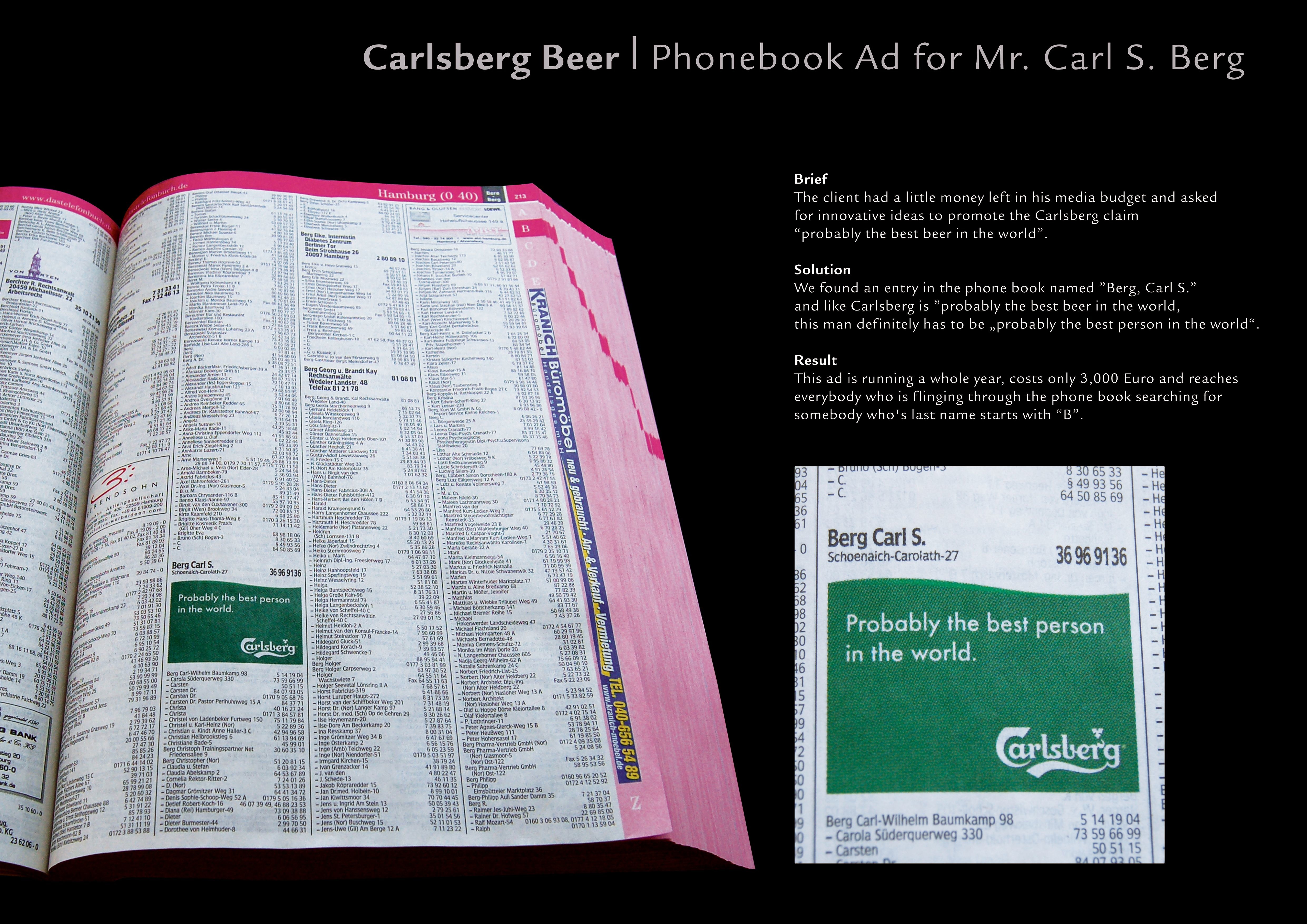Cannes Lions
Uncomfortable Food
SOKO, Sao Paulo / STELLA ARTOIS / 2023

Overview
Entries
Credits
Overview
Background
Stella Artois has always supported Brazilian gastronomy. But the deeper the brand went into this territory, the more apparent the contradiction became - a brand with female DNA supporting a market that continually excludes women. This is because, in Brazil, although 96% of family kitchens are run by women, they lead only 7% of award-winning restaurants. That is, when cooking gained status, it ceased to belong to women and became a role for men.
Stella Artois needed to position itself as an ally for women, mobilizing society towards an urgent and necessary change in gastronomy, and thus rebuild cultural relevance while positioning the brand as the best beer to drink in restaurants. To keep growing in the gastronomy field, gaining women’s trust, and transforming men into allies on this cause. All based in a campaign that provoked a necessary reflection and brought impactful actions.
Idea
Data is not as savoring as food. But it could be. So, we created "Uncomfortable Food": the data of gender disparity becoming dishes of activism. More than 100 Brazilian female chefs were presented with the official research results and invited to translate the data into dishes for the "Uncomfortable Food" circuit.
The data became ingredients for creating unique dishes, which engaged over 100 restaurants led by women in a gastronomy circuit, redefining the concept of comfort food.
For more credit, for instance, Katia Barbosa created the Sea of Gold. For visibility, Bela Gil created Rice & Shine. Many other dishes were created, such as Cookies&Scream (to expose moral abuse) and Ladder of Mansplaining (to expose male chauvinism).
While the chefs presented their discomforts in their restaurants, Stella Artois provided $60 million in credit to female entrepreneurs and +1000 gastronomy scholarships.
Strategy
Data was collected through the 1st national survey that deeply analyzed the gender issue in the Brazilian gastronomic market, an initiative by Stella Artois, in partnership with the Ipsos Institute, one of the most solid in the country. The research consisted of an Ad Hoc study, in-depth interviews, and ethnographies. The information came from thousands of women and men from all regions of Brazil, who occupy different positions within the hierarchy of professional kitchens.
Even though they already learned about the harsh reality firsthand, the project chefs were presented with the official research results and invited to translate the data into dishes for the "Uncomfortable Food" circuit. The project's goal was not only to impact foodies, but also to break through the gastronomy bubble to talk to women and men across the country who identified with the cause.
Execution
We started hiring 10 known and yet to me known female chefs (contemplating full diversity) to create the dishes based on the data collected. Those dishes became the material for the press to disseminate the research and kick off a movement that later engaged more than 100 chefs all over Brazil. We negotiated chefs' participation on TV Shows, podcasts and newspapers alongside Stella Artois brand representatives to talk about the research results and the gastronomy circuit created. Covering business, marketing, gastronomy, female and lifestyle editorials. We also announced the brand's commitment to invest $60 million in credit for female entrepreneurs and +1000 scholarships.
We also negotiated the cover of the most important magazine for gastronomy in Brazil to feature the chefs talking about the research. And went further: we negotiated their participation in the inauguration menu for the newly elected president, who was keen on working on gender inequality.
Outcome
The Uncomfortable Food project started as a gastronomy-only matter but turned into a major national debate about gender disparity.
After the release of the initiative, hundreds of chefs joined the Uncomfortable Foods circuit with exclusive dishes from all over Brazil, made by only-female chefs.
42% more reservations in their restaurants.
More than 90 million people reached.
The biggest increase in brand lovers among beers.
The gastronomic personality of the year in Brazil was not a man, but one of our chefs.
They also were invited to lead the presidential inauguration menu. And it gets better: one of them was officially invited to join the Government to help with food insecurity in Brazil.
The portrait of gastronomy as we know, finally gained new faces. As, for the first time ever, the cover of the main magazine about gastronomy in Brazil portrayed the chefs who participated in the project.
Similar Campaigns
12 items








